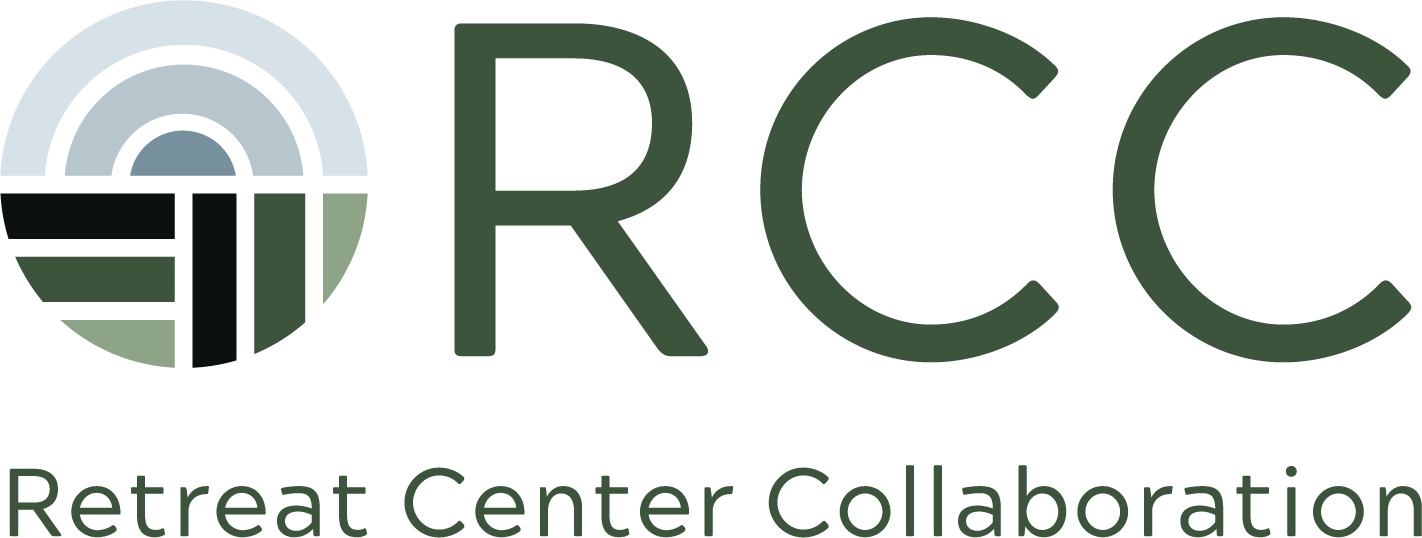Two Loops: Supporting the Future of Retreat Centers
by Ben Scott-Brandt
There are a few prominent theories and concepts that inform RCC’s methods of building community, network weaving, and supporting a field of retreat centers. Of these, the Two Loops theory has been a helpful reference point for us over the last couple years. I’d like to share it with the community here to support future conversations.
Born from the work of Deborah Frieze and Margaret J. Wheatley at the Berkana Institute, the Two Loops theory is a simple and elegant way to think broadly about systems change.
The idea is that systems go through change in Two Loops. The first loop is a system that has reached its peak and is now in decline. The second loop is a new system that’s taking shape, developing from disparate (sometimes chaotic) innovations outside the mainstream, and in need of time and care to move into formation.
In the video below, Deborah Frieze walks through the theory, using illustrative examples from well-known American systems like the oil economy and public education. As I listen, I think of the ‘system’ of transformative and contemplative spaces across the US and Canada — retreat centers, eco-centers, spiritual centers, abbeys and monasteries, and the places Jean Richardson has described as “national parks for the soul.”
Some might say retreat centers are part of the first loop - a system in decline. Others might say that retreat centers are already on the edge of the systems that birthed them (whether that be social movements, religious institutions, or residential communities), and might be places of innovation, where a new system could take shape.
At the Retreat Center Collaboration, we’re exploring both loops, and working toward a world where retreat centers provide key support for everyone to flourish.
